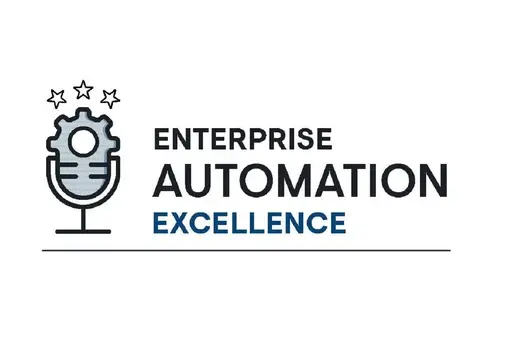
The saying goes that 'if you want something done, you've got to do it yourself'. However, sometimes, this is simply not possible, and you have to resign yourself to trusting someone else's efforts. So, what do you do when those efforts are to do with data? Data is hot property for any and every organisation today. We have so much of it, yet its value is ever-increasing, so much so that it puts even the smallest organisations on a cyber criminal's map. Thus, we like to take extra care with our data, guarding and encrypting it to keep those malicious actors out. While a hands-on approach is desirable for data collection and analysis (to the extent of enterprise-wide data democratisation), it is not always possible. Thus, sometimes you have to rely on secondary data – that which someone else or another team has collected. This leaves us asking the question, what are the advantages and shortfalls of using secondary data?
Weighing up the pros and cons
Firstly, and perhaps most obviously, secondary data gives you a head start. In particular, you can use it, not necessarily as a replacement, but certainly as a jumping-off point for carrying out further research. Not only does it save you time, but if time is money, then it saves you costs too. Also, the reanalysis of data can unlock new insights that had not been considered before. A second look can put the data in a new light, or reaffirm conclusions. Thus, it enables more confident data-driven decision-making. However, on the tangent of time, secondary data comes with the risk that it could be out of date. Furthermore, secondary data does not always tend to your specific needs. For instance, you might need a sample from a specific location such as, say, Westminster, but the only data you have accounts for the entirety of London, or vice versa. Similarly, you cannot guarantee the quality of the data. Without asking the previous researchers, it would be impossible to work out. As we know, bad data quality renders your information useless, making secondary data an unattractive asset. If there is anything to take away, it's that you should not rely on secondary data as a primary source of information. Where possible, you should always carry out the research yourself – for peace of mind, more than anything. However, it does prove valuable in reaffirming your conclusions and will provide a useful way for you to draw comparisons to other bouts of research.
How is Google Cloud helping during the COVID-19 crisis? Find out in this article from Thomas Kurian, Google Cloud's CEO.













Comments ( 0 )